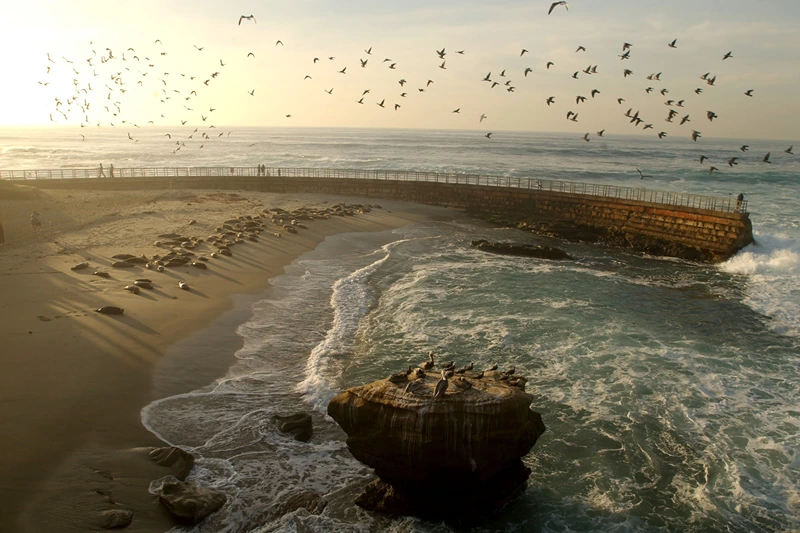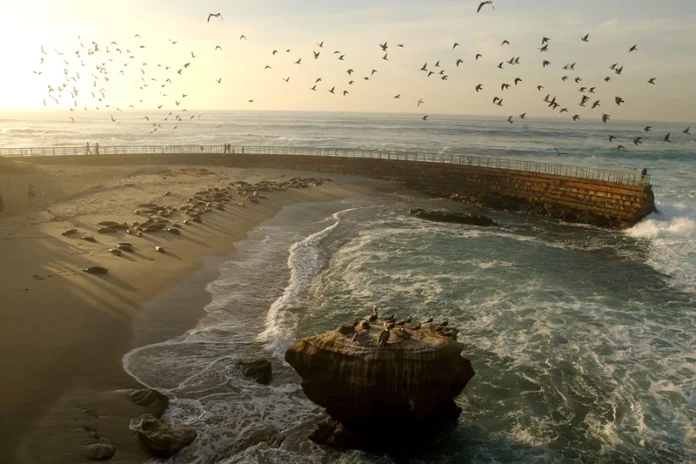
OAN Staff Blake Wolf
1:53 PM – Friday, October 18, 2024
The University of California, San Diego, has implemented a new educational program requiring all undergraduate students to take a course on climate change, making the program the first-of-its-kind within major public colleges in the United States.
UCSD undergraduate students, regardless of their major, are now subject to the Teranes Climate Change Education Requirement, named after Jane Teranes, a Scripps Institution of Oceanography professor who passed away before the program could be implemented.
“UC San Diego has a long history of leadership in climate research and education, and the Jane Teranes Climate Change Education Requirement marks a new path forward,” stated UCSD Chancellor Pradeep Khosla.
The new program was first developed in 2022 following a recommendation by the Campus Committee on Climate Change, according to school officials.
“It’s a big deal to add any new requirement, so we carefully considered the design of this program,” stated Dan Rudnick, a Scripps Oceanography professor. “It was really important to me that students would have as many course options as possible so this would not be a burden and they would ultimately graduate with a deeper understanding of climate change.”
“It’s a big deal to add any new requirement, so we carefully considered the design of this program,” Rudnick added.
The new requirement won’t necessarily add any additional courses to the student’s graduation schedule, rather, it is expected to be integrated into other classes like planetary health, the intersection of gender and climate justice, energy economics, the ethics of climate change, and how the environment has shaped literature, etc.
“Whether undergraduates are majoring in STEM, the humanities, arts, social sciences or any other field, this requirement will equip them with a strong understanding of climate change and how they can contribute to meaningful solutions,” Khosla continued.
The new program very much aligns with gen Z-focused topics, as 85% of the younger generation, who were born from 1996-2012, are statistically “very concerned or somewhat concerned” about the “climate crisis,” believing it is caused “mostly by human activity,” according to a Marist Poll.
“We’re acutely aware as a society of how the climate is changing and how scary that can be, and that probably means that we need to implement some changes in how we do things,” stated Sarah Gille, a professor at the Scripps Institution of Oceanography who was also apart of the committee creating the new requirement.
“We set up the new requirement with the best intentions to make sure that UC San Diego produces graduates who are ready to meet the challenges of a changing climate, regardless of their field of study,” she added. “We need everyone engaged in this work, and we hope the JTCCER program will inspire others to follow suit.”
Stay informed! Receive breaking news blasts directly to your inbox for free. Subscribe here. https://www.oann.com/alerts


